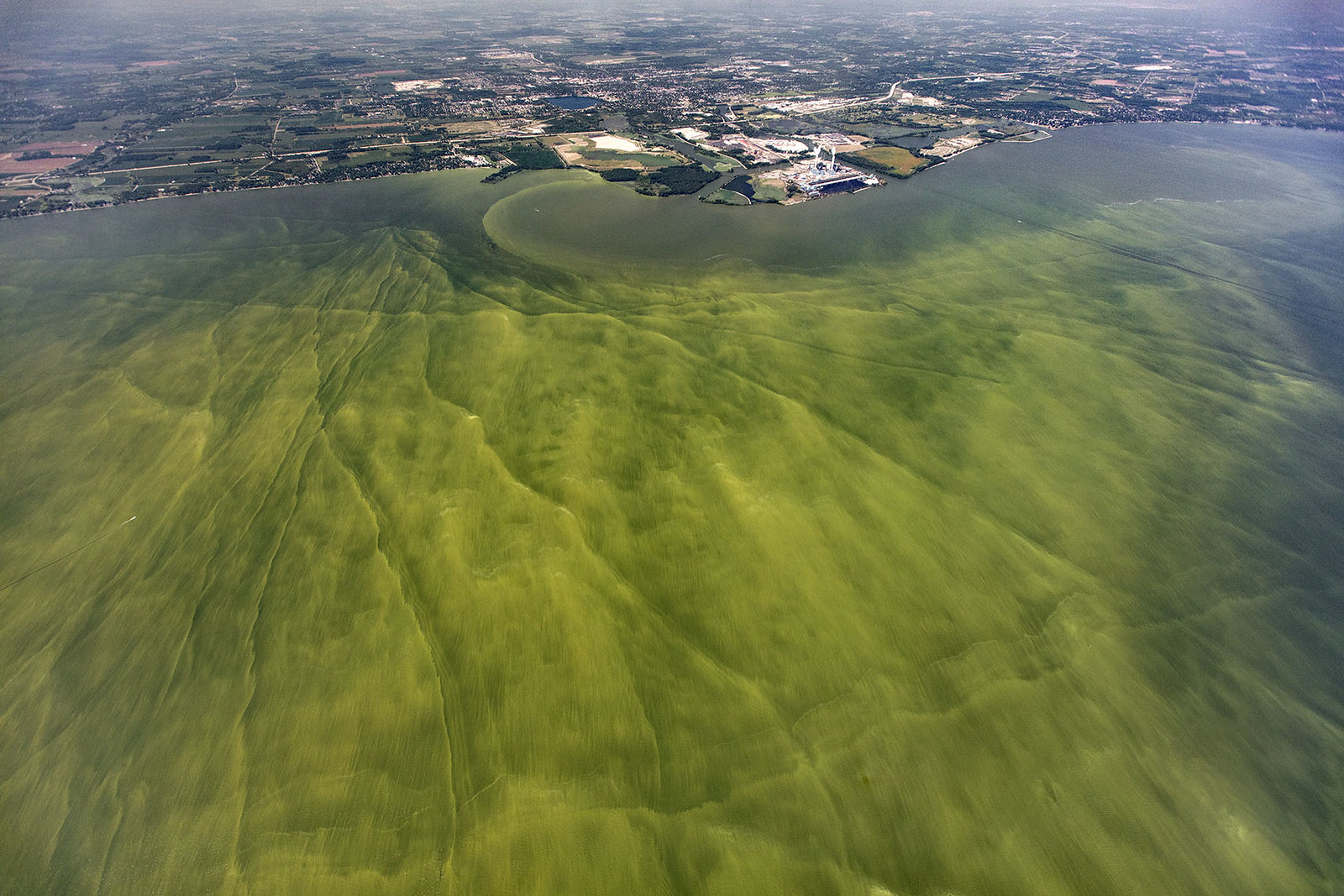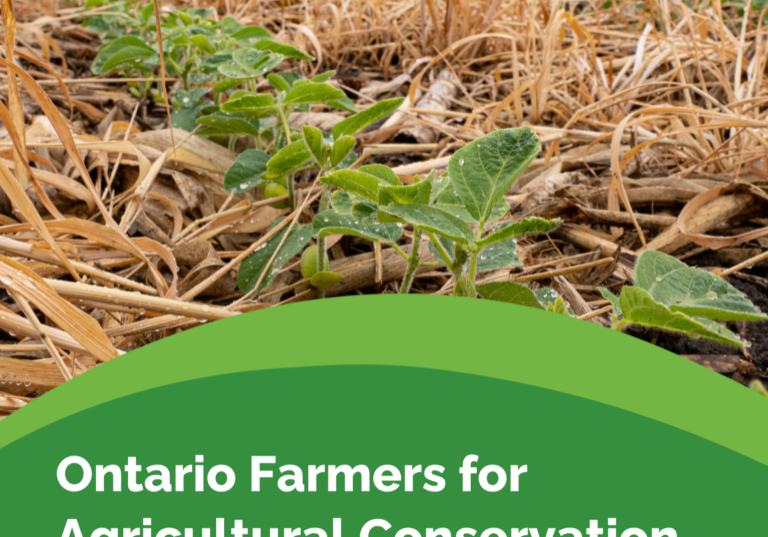Farmers Support Agricultural Conservation
Farmers in Ontario are concerned about agricultural conservation and about protecting water quality. For the past decade, excess phosphorus from synthetic nutrient and manure runoff from farms on both sides of the U.S.-Canada border has been the dominant cause of the rise of toxic Lake Erie algae blooms.
Farmers acknowledge their role in mitigating water pollution caused by manure and synthetic fertilizers. The urgency of the situation is underscored by the need to meet critical environmental targets, such as the 40% reduction in phosphorus loads entering Lake Erie by 2025 and a 30% reduction in greenhouse gas emissions from on-farm fertilizer use by 2030.

The Need for Least Cost Crop Production
Ontario farmers have expressed concerns about the excessive and inefficient use of fertilizers, which pollute watersheds and contribute to climate change, while feeling financially exploited by fertilizer companies. Crop farmers spend, on average, one-fifth of their input costs on fertilizer.
A comprehensive approach is needed to address these issues, highlighting farmer-led solutions to nutrient mismanagement and prioritizing ecological protection.
We are overdue for a public education campaign that provides farming strategies that maximize profit, not yield, protect and enhance soil and water health, and help farmers arrive at “least cost crop production.”
A Comprehensive Approach to Soil and Water Health
From 2020 to 2022 the NFU-O was a participant in the Timing Matters Peer-to-Peer response team, a.coalition of farm organizations representing dairy, pork, beef, chicken, egg and sheep producers, as well as general farm organizations, soil and crop specialists and agri-contractors that focused on promoting best practices for manure management and application (right time and right way), particularly during the winter months.
In 2023 and 2024 the NFU-O conducted a survey with Ontario farmers that further explored nutrient management practices in the province, especially within the Lake Erie basin, and released the report, “Ontario Farmers for Agricultural Conservation: An NFU-O Report & Survey on Advancing Best Nutrient Management Practices.”
The report calls for the reintroduction of comprehensive extension services that provide unbiased nutrient guidance and free annual soil testing for all farm operations. It also calls for a Canadian Farm Resiliency Agency to coordinate a rapid, science-guided, and least cost transition to financially secure, emission-minimizing farms and food systems.
The NFU-O recommends exploring how participating in agricultural tax and federal program incentives could be made cross-compliant with the adoption and maintenance of on-farm agricultural conservation practices. This could include incentivizing farmers who participate in the federal AgriInvest program who have enacted proven ecological improvements. Or, at the provincial/municipal level, we would like to pursue a discounted conservation property tax rate that is tied to specific agricultural conservation practices.
We also recommend following the lead of British Columbia farmers who worked with the province to develop specific synthetic fertilizer regulations. Any synthetic fertilizer guidelines would work in tandem with the manure regulations within Ontario’s Nutrient Management Act (2002). These regulations could include regular soil testing and OMAFA supportive interventions whenever these tests reveal elevated nutrient levels. We will also need to ensure that any new regulations, along with the ones already covered in the Act to regulate greenhouses and manure storage and application, have adequate compliance, monitoring, and enforcement both to be effective and to gain the public’s trust.
